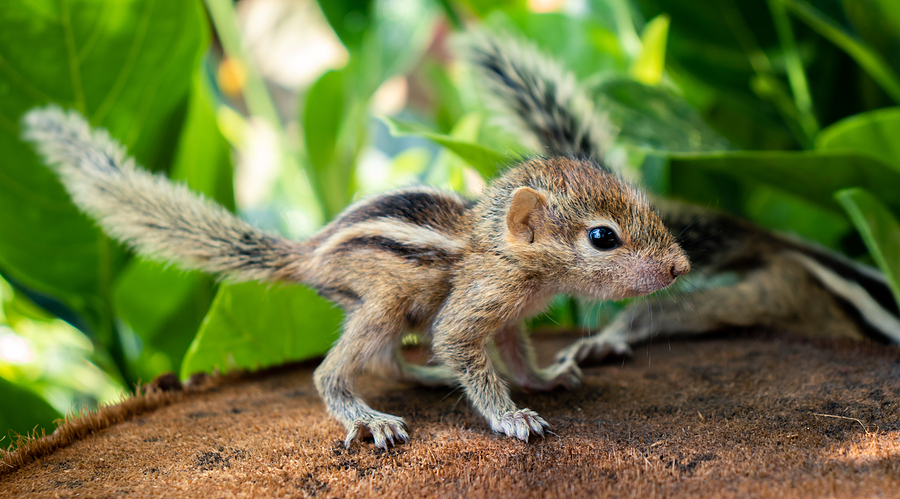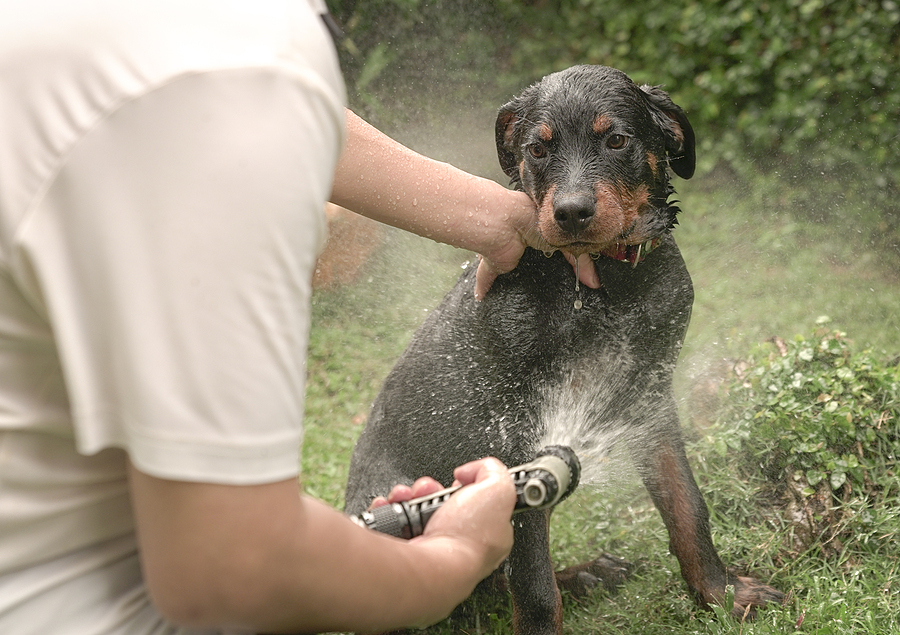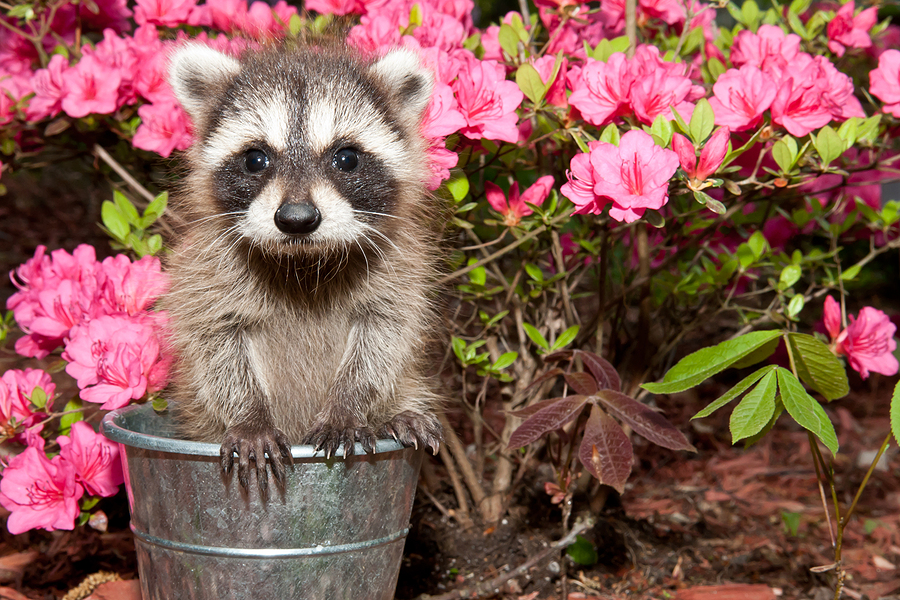Indiana is home to hundreds of species of wildlife, including squirrels, chipmunks, ducks, rabbits, birds, skunks, opossums, raccoons, bats, and more. Although many of these species are generally regarded as nuisance wildlife in adulthood, as babies they are irresistibly cute. For this reason, it is typically very hard for someone to resist the urge to help or even adopt an abandoned baby animal.
If you have just discovered an injured or abandoned baby animal in your yard, continue reading to learn exactly what you need to do to keep both you and the animals safe.

Not All Lone Baby Animals are Abandoned
It is common for someone to find a baby animal and assume that it has been abandoned alone baby animal is not abandoned. The mother is simply out foraging for food or shelter. This is common among rabbits, birds, hares, deer, and foxes. If you discover one of these babies in your yard, they are probably not abandoned but rather just waiting for their mother to come back for them.
In this case, you should simply leave the baby animal alone and let nature take its course. However, if the baby is in the way of danger, like if you need to mow the lawn, you can use safe and humane methods to gently move the baby animal to a safer location that is still nearby the spot. It was left. You don’t want the mother to come back and not be able to find the baby.
Squirrels
If you find a baby squirrel in your yard, it has likely fallen out of its nest in the above tree. In this case, it is probably injured and needs medical attention. It is encouraged to contact an exotic wildlife rescue company or the local game warden to notify them of an injured animal on your property. They have the proper resources and permits to safely rehabilitate and re-acclimate the animal back into the wild.
How to Protect a Baby Animal on your Property
If you find any other species of animal on your property, here’s what you need to do:
Observe the baby animal for 24 to 36 hours. In this time, the mother may come back to retrieve its young. Do not touch the animal. As cute as they are, they can carry transmissible diseases and parasites that can be harmful to people and pets.
If the animal is still there, you may choose to move it to a safer location out of the any traffic that takes place on your property.
Put on some protective gloves, and if possible, a face mask or covering, and grab a shoe box.
Slowly approach gently set the shoe box down by its side. Tilt the box so that the opening is facing horizontal to the baby animal. Use the lid of the shoe box to gently scoot or encourage the baby to get inside the shoe box.
Move the baby animal to a safer location on or around your property where it can live out the remainder of its life as it should. You may also choose to contact the local animal rescue in your county to have the baby relocated to a proper habitat.
The Rule on Adopting a Baby Animal
You should never keep a stray or deserted baby animal as a pet. Not only is it inhumane, but wild animals carry dangerous infectious diseases, like Rabies. They also carry lice, mites, ticks, fleas, and several other types of parasites. Furthermore, it could be illegal without a proper permit or qualification in your state or county.
Are you experiencing problems with nuisance wildlife in Indiana? Contact Budget Animal Removal at 317-875-3099 for professional critter control in Indianapolis and its surrounding counties. We serve residential and commercial customers, plus offer insurance claim work for animal damage restoration.
Related Posts:
Is it Safe to Feed the Animals Around My House?
Types of Wildlife That Will Destroy Your Roof
Non-Toxic Repellent Recipe for Nuisance Wildlife


